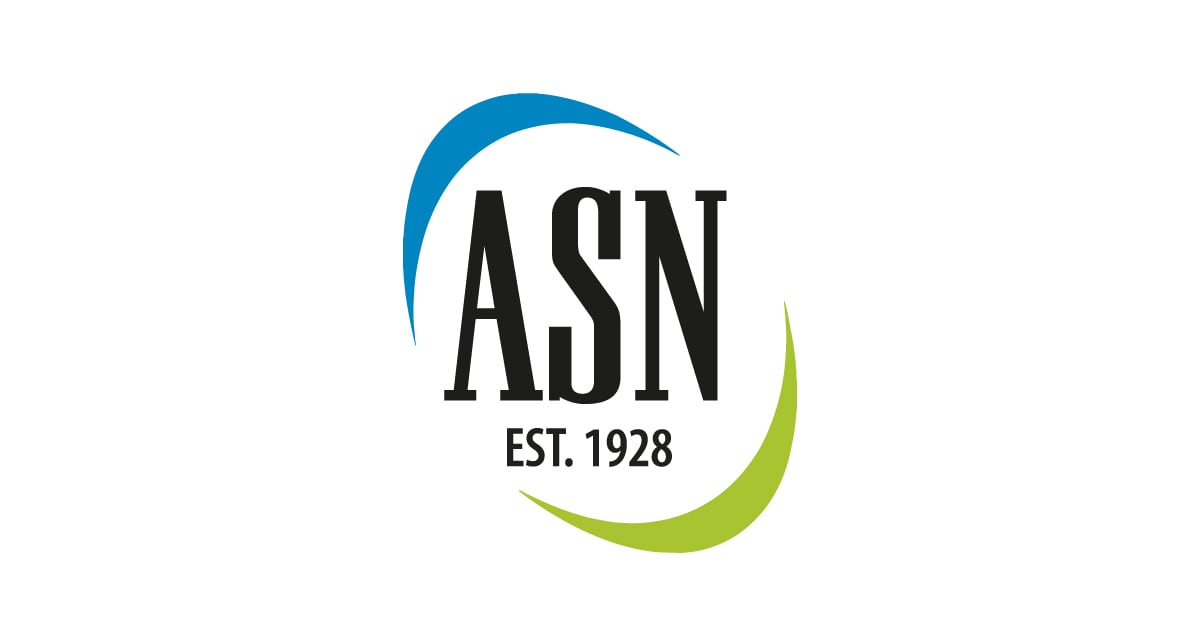 Monica Pasqualino, 2018 Gerber Foundation Predoctoral Fellowship Recipient and PhD Candidate at Johns Hopkins Bloomberg School of Public Health
Monica Pasqualino, 2018 Gerber Foundation Predoctoral Fellowship Recipient and PhD Candidate at Johns Hopkins Bloomberg School of Public Health
Monica Pasqualino received her B.A. in International Relations and History from the College of William and Mary, and her Master’s in Public Administration in Development Practice from Columbia University. She is currently a third-year doctoral student in the Human Nutrition Program at Johns Hopkins Bloomberg School of Public Health. Monica has been a member of ASN since 2017.
1. How did you first get involved in nutrition science and research?
I became interested in nutrition science and research while completing my practicum during my Master’s program. Because strengthening my data collection and analysis skills was one of my priorities, I chose to work as a research assistant for Bioversity International, a research center of the Consultative Group on International Agricultural Research (CGIAR). I was placed on a project in Zambia that was identifying strategies to improve child and maternal nutrition through integrated agriculture-aquaculture systems. The experience eventually led me to a job in Sierra Leone, where I led the nutrition component of a Feed the Future project implemented by WorldFish, another CGIAR center, that was strengthening farming techniques to improve aquaculture productivity and nutrition outcomes among rural households. Realizing my passion for research, I decided to pursue a PhD in nutrition.
2. Tell us about your current position and the research activities in which you are involved.
I am currently a PhD candidate at Johns Hopkins Bloomberg School of Public Health and my advisor is Dr. Amanda Palmer. I work as a graduate research assistant under a randomized controlled trial led by Dr. Palmer in northwestern Bangladesh that is assessing the impact of protein supplementation on infant growth, and I will be completing my dissertation under the same trial. The goal of my dissertation research is to strengthen the evidence base for programs promoting regular intake of animal source foods during the complementary feeding period in low- and middle-income countries, with a focus on egg consumption among infants and young children. I am also involved in a project led by Dr. Jillian Fry at Johns Hopkins Center for a Livable Future that is examining recommended and actual seafood consumption in countries with national food-based dietary guidelines.
3. Is there any specific aspect of your research that you are personally passionate about?
Due to my previous work experience in agriculture, my current research activities have focused on animal source food production and consumption. I find that this is a very challenging area to focus on. Evidence from studies in low and middle-income countries has shown that animal source food consumption among children is associated with improved dietary quality, nutritional status, and cognitive development. Yet, animal production can have various negative health and environmental externalities. I am therefore passionate about ways to find a balance between ensuring vulnerable populations have access to such nutrient-dense foods while minimizing the negative impact of producing these foods.
4. What aspects of ASN membership have you found most useful professionally?
I am excited to attend Nutrition 2019, which I think is an excellent opportunity to meet others working in the field and to learn about new research in health and nutrition. I also subscribe to a number of ASN newsletters, have joined different Research Interest Sections, and am part of the Global Nutrition Council. These outlets have kept me up-to-date on nutrition science policy, publications, and job and research opportunities. I am also grateful for the financial support that ASN has provided me through a predoctoral fellowship, which has supported my studies.
5. Could you tell us a bit about the research you’ll be presenting at Nutrition 2019 in Baltimore?
I will be presenting an analysis of national trends in the prevalence of anemia and the stability of factors associated with anemia among preschool-aged children in Nepal, where child anemia remains a significant public health problem. The data were collected over multiple years across the three main agroecological zones of Nepal through nationally representative surveys under the PoSHAN Community Studies, a research project of the Feed the Future Nutrition Innovation Lab.
6. Is there anything else you’d like to tell ASN members, especially students?
As students, it’s critical that we have a network to grow professionally. ASN membership provides us with the opportunity to directly connect with other young investigators, as well as with professionals working in policy, media, industry, and other areas. I think it’s important that students take advantage of this extensive network, which is a valuable source of support and resources that we can turn to for educational guidance and professional development, particularly when we face challenges or uncertainties.
[Find out more about ASN’s opportunities for students!]
Monica Pasqualino will be completing her dissertation research under the “Protein Plus: Improving infant growth through diet and enteric health” trial in Bangladesh, where she spent last summer supporting implementation of the trial. Overall, she is interested in designing and evaluating food-based interventions that aim to improve child and maternal nutritional status and in conducting research on the pathways between nutrition, health, agriculture, and the environment. Her research proposal, “Increasing intake of animal source foods during complementary feeding: identifying entry points to include eggs in infants’ diets in rural Bangladesh,” earned the 2018 Gerber Foundation Predoctoral Fellowship.




